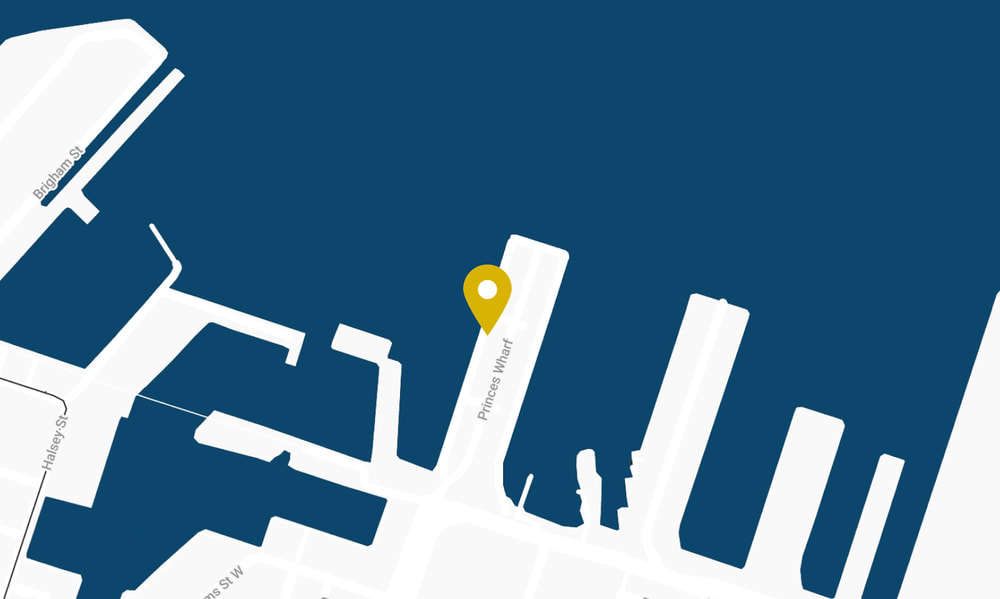
To achieve a goal, you must embark on a journey of achievement arriving at your goal. So when someone ells you that they have achieved the same goal (or something of greater significance) and this is how they did it, then it is an easy temptation to follow their path. However, that can often lead to disappointment and sometimes a feeling of worthlessness if, despite following their roadmap, you can’t achieve the same outcome. It is natural to think the problem must lie with you - for example, you blame yourself for not working hard enough or being committed enough. You may even be told this by the person who gave you the map because they can’t understand why you didn’t achieve the same result. But, the problem likely lies in the map you were given to follow.
Why maps are problematical
If someone tries to sell you a map to success, then it is correct to be sceptical because maps make a number of assumptions. The first assumption is that you want to reach the same destination. But in my experience, it is rare for two people to have identical goals. The very fact that the person has achieved far more than you desire, maybe the very thing which stops their map working for you. Not everyone wants to be Lisa Carrington or Richard Branson.
The second assumption is that the map will assume your starting point. I am not necessarily talking about whether you can achieve a certain score on a fitness test or have 50 or 5000 people on your email marketing list (although those things may be relevant considerations). More relevant is the lens through which you see the world, because we all see the world slightly differently. How we see the world is shaped by our life experiences which means your journey towards achieving your goal will be different to the next person. For example, you may encounter roadblocks that someone else does not. If you can’t navigate those roadblocks, then the map becomes useless.
How to recognise a map
When you understand what a map is and does, they are pretty easy to spot. For example:
- If you follow this training plan then you will win a gold medal
- If you use these email templates then you will acquire 100 new clients in three months
Maps share some common features. First, they tend to be formulaic in the sense that they require you to follow a sequence of steps to reach an outcome. In my experience, they also tend to overpromise, because they make the assumption that the map will work for everyone (when that’s not possible). The underlying problem with maps is that the ignore the complexities of the real world in which you have to undertake your journey and most importantly human behaviour. Even maps based on scientific studies tend to ignore these two problems, because everyone is different. I'm not saying that maps aren't useful because they may offer some guidance, but if maps worked, we would all be Olympic Champions or multimillionaires. Of course, we are not.
That’s why you need a compass
A compass doesn’t tell you where to go, but it will tell you the direction you are facing. If you veer off direction, then it will get you back on track. If you encounter an obstacle, then it will allow you to go around the obstacle, even if it means backtracking from where you came, because you will have the compass to get you back on track. It will allow you to plot your own course because everyone's journey to achievement is unique. If you simply used a map, you would reach an obstacle and not be able to move forward.
Where to find your compass
I believe that every person has an internal compass. However, accessing that compass is not easy because each of us sees the world differently. Our life experiences will cause us to act in certain ways or only allow us to turn up to situations from a certain place (where perhaps we can’t achieve our goal). For example, the outcome you will get from a place of resentment will be different to the outcome you get from a place of exploration and possibility. Strategies which served us at one point in our lives to protect us from harm or embarassment, may not be serving us now. For example, a strategy of working hard to achieve good exam results may now be causing burnout and relationship issues. Such strategies create blind spots which manifest as obstacles on our journey towards achievement.
How to overcome your blind spots
Transformational coaching is the art of enabling clients to see their blind spots and uncovering their internal compass. It is not about giving the client a roadmap to success - there are plenty of people on the internet doing that. If you are looking for a roadmap to success, then transformational coaching is probably not for you. That’s because it requires self-reflection and being fearless to create the insights which move you forward. Alternatively, if you feel that previous roadmaps haven’t worked for you, then now maybe a good time to try coaching.


